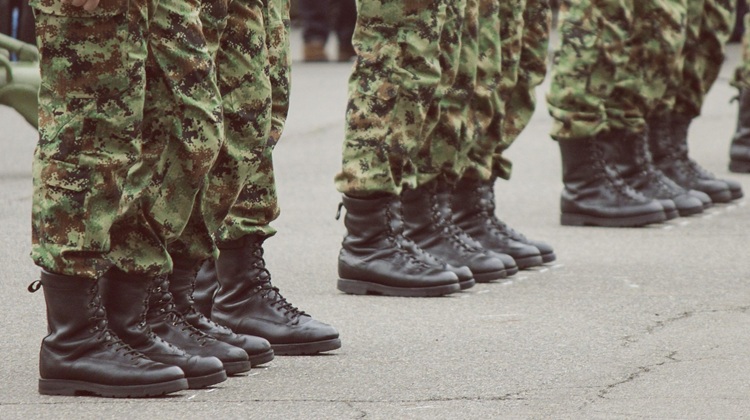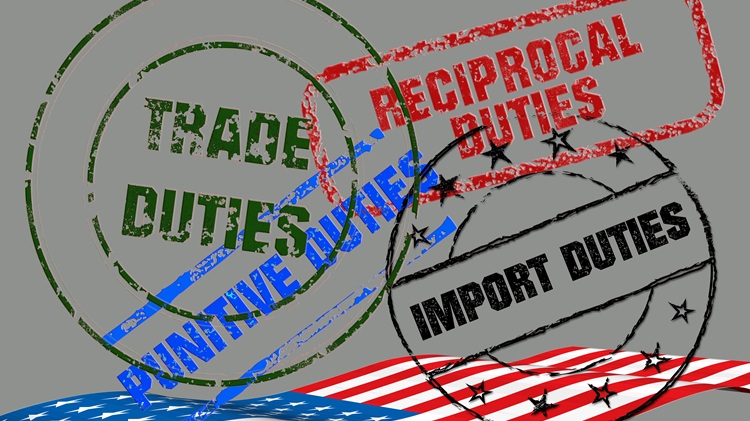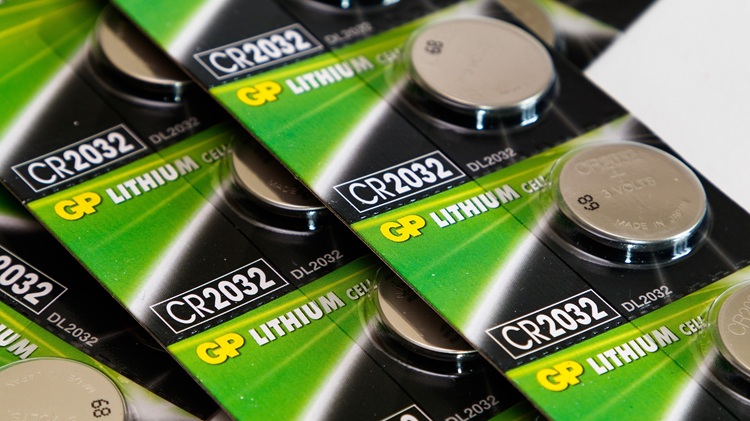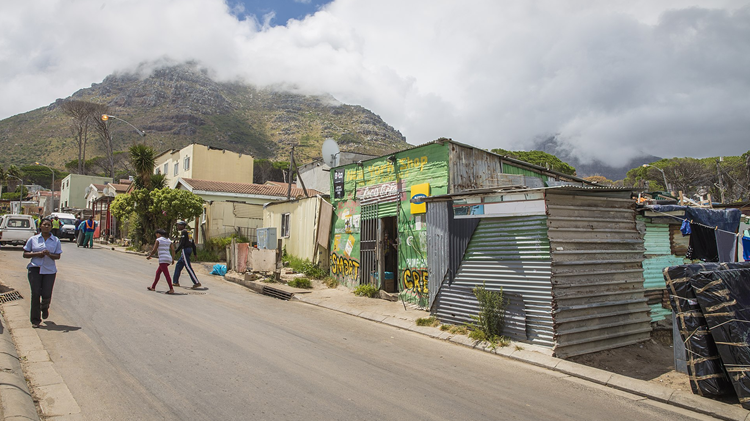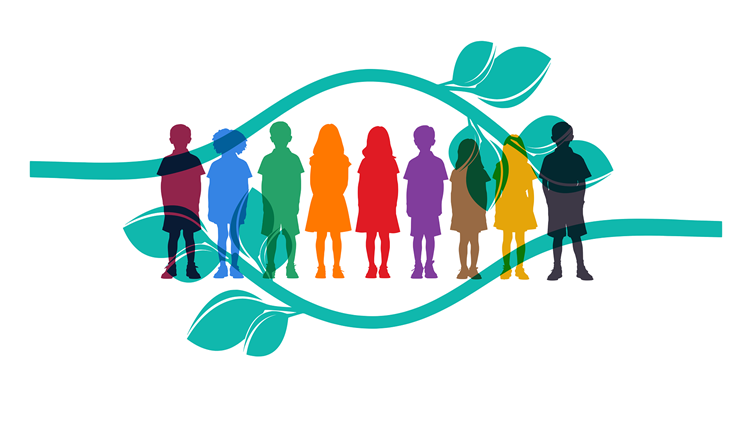Can Mauritania’s partnerships drive inclusive growth?
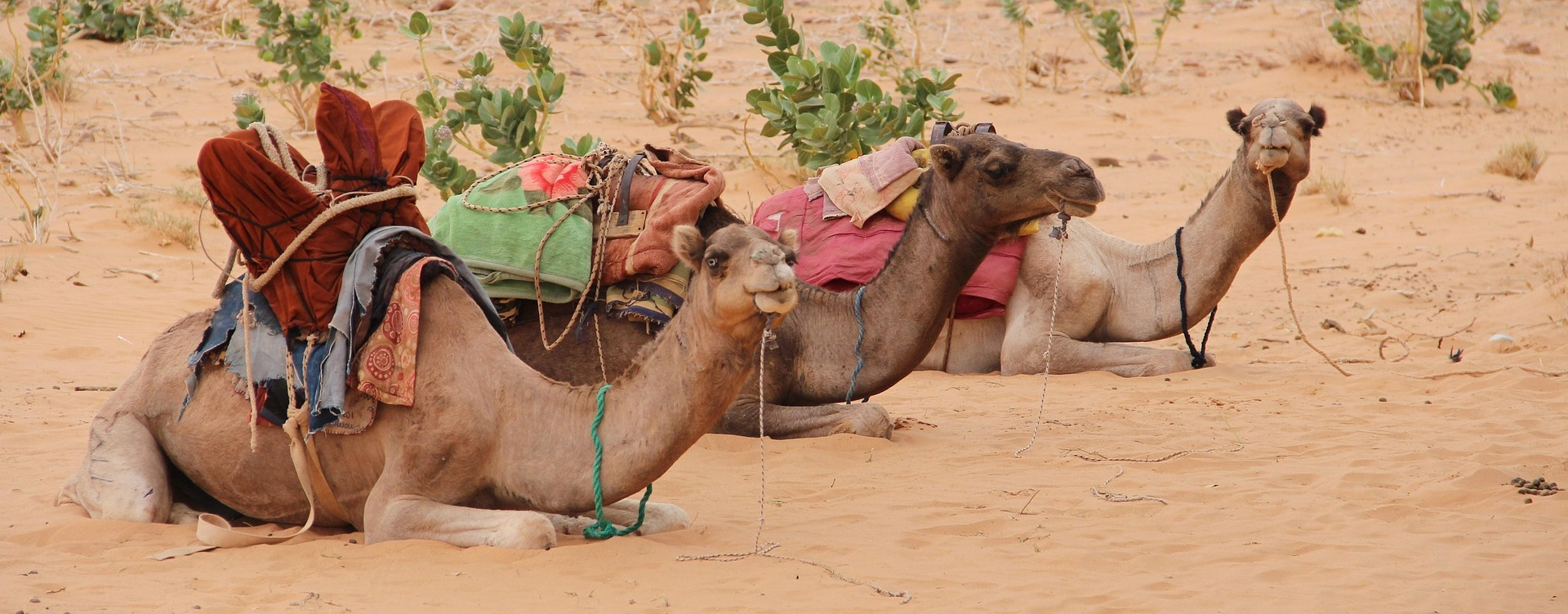
Strong growth and rising cooperation offer hope for Mauritania, but deep social and structural gaps still hold back inclusion.
Mauritania has significant mining and energy potential, with iron ore, gold and copper forming the basis of its economy. Additionally, offshore gas and renewable energy sources present remarkable opportunities for energy transition. The mining sector accounts for over 20% of the country’s GDP and nearly 80% of total exports, dominated by iron and gold. Yet, the extent to which these assets can drive inclusive development will depend on Mauritania’s ability to translate regional and international cooperation into structural transformation at home.
Inclusive development will depend on Mauritania’s ability to translate regional and international cooperation into structural transformation at home
The country is also home to one of the richest fishing ecosystems in West Africa, and its vast pastoral areas continue to support a significant part of the rural population. In addition to these natural endowments, Mauritania’s strategic geographical position connects the Atlantic market to the trade corridors of Morocco, Senegal and Mali, giving it an advantage as a regional hub between the north and south of the continent.
However, Mauritania has a low manufacturing base, which constitutes only about 6% of its GDP. This makes the country vulnerable to global shocks, as it relies heavily on the extractive sector. Food insecurity remains another critical challenge, with food imports accounting for over 25% of the total merchandise imports.
The low manufacturing base and lack of transformative agricultural reforms, among other challenges, have led to stunted growth and limited social inclusion. In 2023, nearly 28% of the population was living below the poverty line of US$3.65, representing approximately 1.4 million people, while 58.4% of Mauritanians still suffered from multidimensional poverty, which particularly affects children and rural populations.
Territorial inequalities persist between the urbanised coastline and the desert interior, where the population remains exposed to climate shocks, food insecurity and chronic underemployment. In response, Mauritania has embarked on a series of structural reforms under the National Strategy for Accelerated Growth and Shared Prosperity (SCAPP 2016-2030) andthe African Development Bank's Strategic Plan 2023-2028, focusing on diversification, governance and productive transformation. Furthermore, the country has vigorously expanded its regional and international cooperation since the end of 2019.
In the space of just five years, between 2020 and 2025, Mauritania has secured more than US$2.5 billion in investment funds from cooperation agreements, including US$2 billion from the Arab Coordination Group, US$120 million from the OPEC Fund, and €210 million from the European Union for governance, security and migration. These partnerships support major energy projects, logistics infrastructure and agricultural modernisation, such as the Banda Gas-to-Power development, the Nouadhibou port expansion and EU-backed fisheries reforms that aim to enhance food security and livelihoods. They aim to strengthen economic resilience and reduce social disparities, transforming cooperation into a real driver of development.
In the space of just five years, between 2020 and 2025, Mauritania has secured more than US$2.5 billion in investment funds from cooperation agreements
The gradual implementation of the African Continental Free Trade Area (AfCFTA) also represents a major opportunity for Mauritania to deepen its regional economic integration and capitalise on its geostrategic position between the Maghreb and West Africa. By promoting the free movement of goods, services and investments, the AfCFTA could boost the competitiveness of local businesses, strengthen regional value chains and support the diversification of exports beyond extractive products. It would also provide Mauritania with a favourable environment for developing its high-potential sectors, renewable energy, fisheries, agro-industry and logistics, while consolidating its role as a trade gateway between the north and south of the continent.
A recent study conducted by the African Futures and Innovation programme at the Institute for Security Studies (AFI-ISS) shows that the successful implementation of AfCFTA could enable Mauritania to achieve development that is more inclusive by carrying out targeted cross-sectoral interventions.According to this study, full implementation of AfCFTA will expand Mauritania’s GDP per capita (PPP) to US$6 239 by 2043, which is approximately US$464 above the Current Path (business-as-usual) for that year. Compared to the Current Path forecast of 30.9%, the share of the population living in poverty (on less than US$3.65 per day) in 2043 will be 26.8% in the AfCFTA scenario, equivalent to 2.2 million people.
The liberalisation of the Mauritanian economy through financial flows, international trade and migration should enable a significant knowledge and technology transfer necessary for a better diversification of the economy and more qualified jobs.
The success of this transition will depend on the country's ability to transform regional and international cooperation into a driver of inclusion and shared prosperity. Nevertheless, in view of its economic potential, cooperation should not be seen as a panacea for the development of the Mauritanian economy. With this in mind, Mauritania would benefit from promoting a more attractive business environment through simplified procedures, regulatory stability and tax reforms capable of broadening the domestic revenue base. It should also strengthen governance by effectively combating corruption and improve its targeting of vulnerable populations by directing public investment towards sectors that promote social welfare. Special attention should be paid to vulnerable groups by promoting access to basic services such as education, healthcare and access to safe water.
Finally, Mauritania should seize opportunities for openness, such as the AfCFTA, to increase its export revenues, modernise its industry and reform the labour market, guaranteeing decent work for young people. Thus, if these levers are mobilised coherently, regional and international cooperation, anchored in the AfCFTA and reinforced by domestic reform, could become a sustainable driver of structural transformation and economic inclusion. Mauritania’s challenge is therefore not to secure more partnerships, but to ensure that cooperation translates into diversification, decent work and better living standards for its people.
Image: fj21/Pixabay
Read the recently updated full country analysis of Mauritania here.
Republication of our Africa Tomorrow articles only with permission. Contact us for any enquiries.

